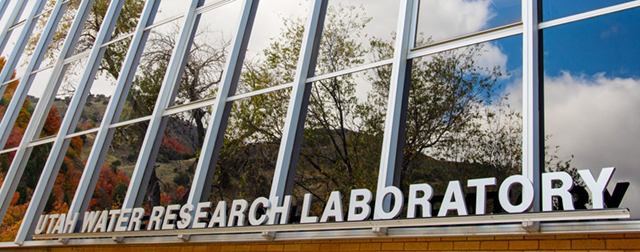Document Type
Article
Journal/Book Title/Conference
Science of the Total Environment
Publication Date
2013
Abstract
Static tests of horizontally restrained rocket motors at the ATK facility in Promontory UT, USA result in the deposition of entrained soil and fuel combustion products, referred to as Test Fire Soil (TFS), over areas as large as 30–50 mile2 (80–130 km2) and at distances up to 10–12 miles (16–20 km) from the test site. Chloride is the main combustion product generated from the ammonium perchlorate–aluminum based composite propellant. Deposition sampling/characterization and a 6-month field corrosivity study using mild steel coupons were conducted in conjunction with the February 25th 2010 FSM-17 static test. The TFS deposition rates at the three study sites ranged from 1 to 5 g/min/m2. TFS contained significantly more chloride than the surface soil collected from the test site. The TFS collected during two subsequent tests had similarly elevated chloride, suggesting that the results obtained in this study are applicable to other tests assuming that the rocket fuel composition remains similar. The field-deployed coupons exposed to the TFS had higher corrosion rates (3.6–5.0 mpy) than paired non-exposed coupons (1.6–1.8 mpy). Corrosion rates for all coupons
Recommended Citation
Doucette, William J.; McNeill, La S.; Mendenhall, Scout; Hancock, Paul V.; Wells, Jason E.; Thackeray, Kevin J.; and Gosen, David P., "The Sky is Falling: Chemical Characterization and Corrosion Evaluation of Deposition Produced During the Static Testing of Solid Rocket Motors" (2013). Reports. Paper 677.
https://digitalcommons.usu.edu/water_rep/677


